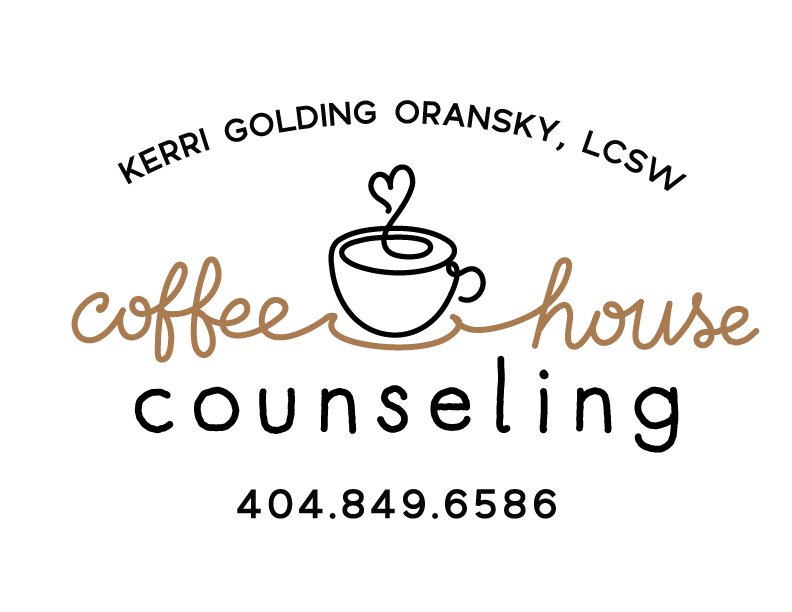What will happen in my first session?
Our first session is sort of like a promising first date. There will likely be some initial nerves, but after learning more about one another and seeing if it is a good fit by the end you will feel really comfortable and excited for our next meeting. I typically ask that one or both parents accompany their child to their first session so that I can get an accurate history and a good picture of what is going on. If we need to discuss matters that aren’t appropriate for children to hear, I will allow some time to meet with parents individually. Likewise, some children feel more comfortable sharing without their parents present. If I sense this is happening, I will ask to meet with the child individually as well. For future sessions, I let the child decide if they want to meet by themselves or want a parent present.
How often will we meet?
In the beginning, if schedules permit, we will meet once a week. This helps us establish a good, trusting relationship and helps us to really start creating change. As things start to feel better, we will shift to meeting every other week and then move towards meeting once a month. The length of time that you will be in therapy is highly individual. Some clients come in for a very specific problem and find relief after just a few sessions. Others are looking for more regular-occuring support and come twice monthly on an ongoing basis It is not uncommon for clients to start their session saying that they have nothing to talk about, only to be surprised when the session is over because they ended up talking the entire time. (It turns out that when given the space to be heard, we often have plenty to say).
Do you prescribe medication?
No, I’m an LCSW. Only a medical doctor (someone who has an MD, not a PhD) can prescribe medication.
LCSW? What does that mean?
LCSW stands for Licensed Clinical Social Worker. LCSW’s meet educational and training requirements including at least a Masters Degree in Social Work, three years of supervised professional clinical experience and successful completion of a state and national examination. After receiving licensure, LCSW’s are required to earn 35 hours of continuing education bi-annually to maintain their status. LCSWs work in a variety of different settings including schools, hospitals, community programs and inpatient and outpatient therapy settings. LCSWs are able to involuntarily hospitalize those deemed in danger of hurting themselves and others.
How long are the sessions?
Sessions are typically about 50-55 minutes long. For younger clients, I do occasionally offer 30 minute sessions. This type of sessions works well when I am seeing siblings. On occasion I also offer a 90 minute extended session.
How much are your sessions?
My fee for the initial session is $200, Subsequent sessions are $175 per 55 minute session. For children who participate in 30 minute sessions, the fee is $90. There are some occasions when we will meet for an extended 90 minute session. The fee for this extended session is $260.
Do you accept insurance?
I'm considered an out-of-network provider for all insurance companies. However, I am happy to provide you with a monthly receipt of services which gives you the option of seeking reimbursement from your insurance. It is important to check your out-of-network benefits to see what your insurance will cover. I've had clients who receive 60% reimbursement and others who receive no reimbursement. Some clients have higher deductibles, and don't receive reimbursement until they hit their deductible.
Why wouldn’t I use my insurance if I can?
Using insurance for most medical treatment just makes sense. Why pay full price for a procedure when you can just pay a $25 or $40 copay if it is a covered benefit? The challenge comes down to getting your insurance to cover it. In order for your insurance to pay for therapy, I must give you a mental health diagnosis. However, the majority of my clients don’t actually have a mental health diagnosis. Most Insurance companies will not cover “I’m having a hard time”, “I’m grieving a loss.” or “We fight too much in our family”. In these cases, I will usually try to give “light” diagnosis such as “Adjustment Disorder with Depressed Mood”, but it is not always a covered diagnosis.. Furthermore, these diagnoses often follow you as a “pre-existing condition” . This may jeopardize your future ability to obtain life, health, or disability insurance. Finally, in addition to a client’s diagnosis, insurance companies have the right to request copies of ongoing progress notes and treatment plans in order to determine medical necessity. This often feels like a client’s confidentiality is compromised. For many, these reasons make paying out-of-pocket a more attractive option.

